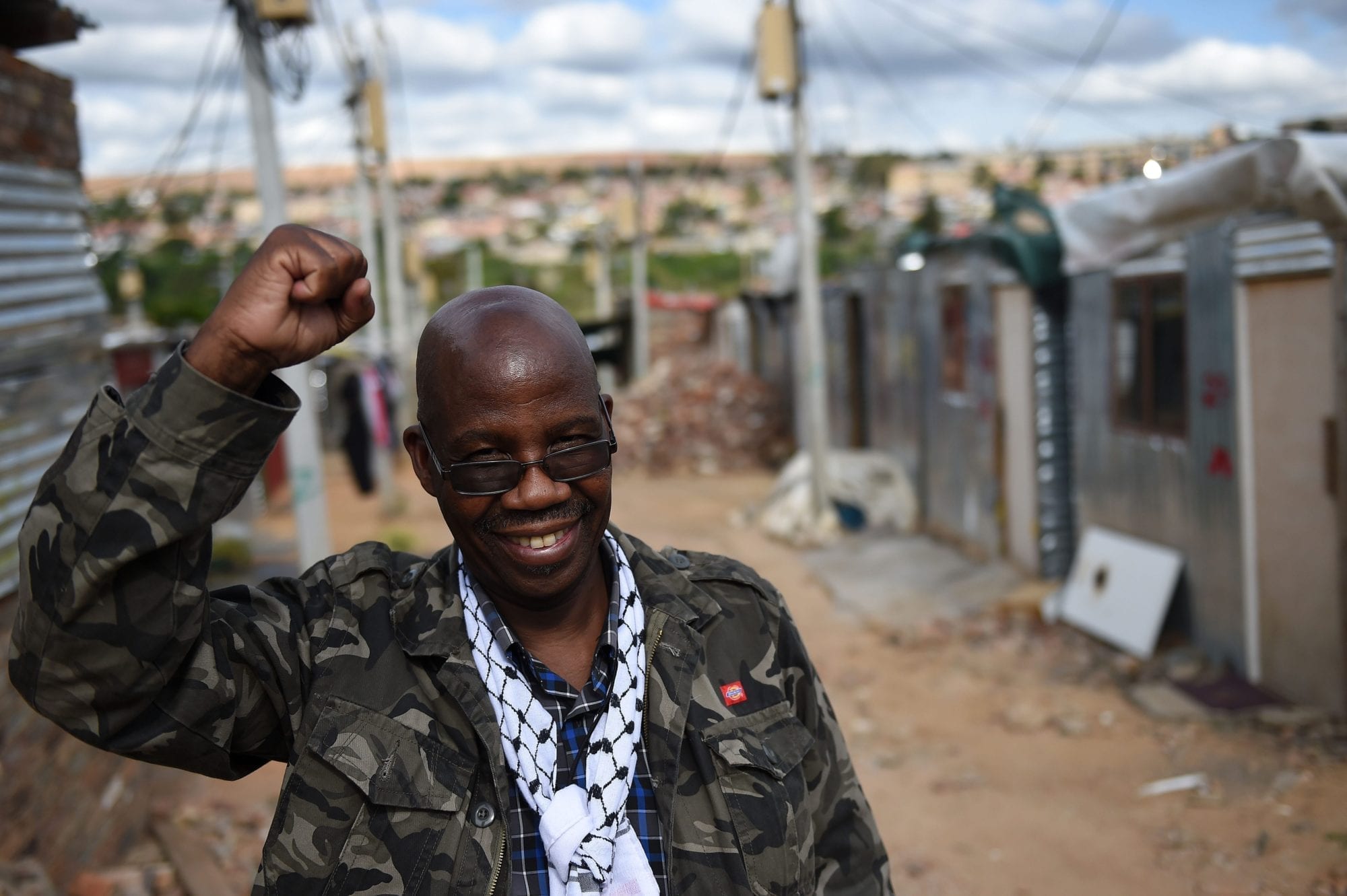When Joe Montisetse came to South Africa from Botswana to work in gold mines in the early 1980s, he saw a black pool of water deep in a mine that signified deadly methane. Yet after he brought up the issue to supervisors, they insisted he continue working. Montisetse refused.
Two co-workers were killed a few hours later when the methane exploded.
Millions of jobs around the world do not offer safe and healthy workplaces—nor do they provide wages that enable workers to support themselves and their families or social protections and the sense of dignity that allow workers to enjoy the benefits of their own hard work.
To highlight the lack of decent work, each year on October 7, unions and their allies mark World Day for Decent Work. This year, they are calling for minimum wage-floors sufficient to ensure a decent standard of living and the right of all workers to join a union and bargain collectively.
Today, Montisetse is newly elected president of the National Union of Mineworkers, a position he achieved after helping form a local union at the gold mine soon after his co-workers’ deaths. After they formed the union, workers were safer, he says.
“We formed a union as mine workers to defend against oppression and exploitation.”
This year, the 10th anniversary of the World Day for Decent Work, workers like Montisete highlight the importance of the freedom to form unions and bargain collectively—fundamental human rights that enable workers to achieve decent work by joining together and successfully challenging global corporate practices that too often, risk lives and livelihoods.

